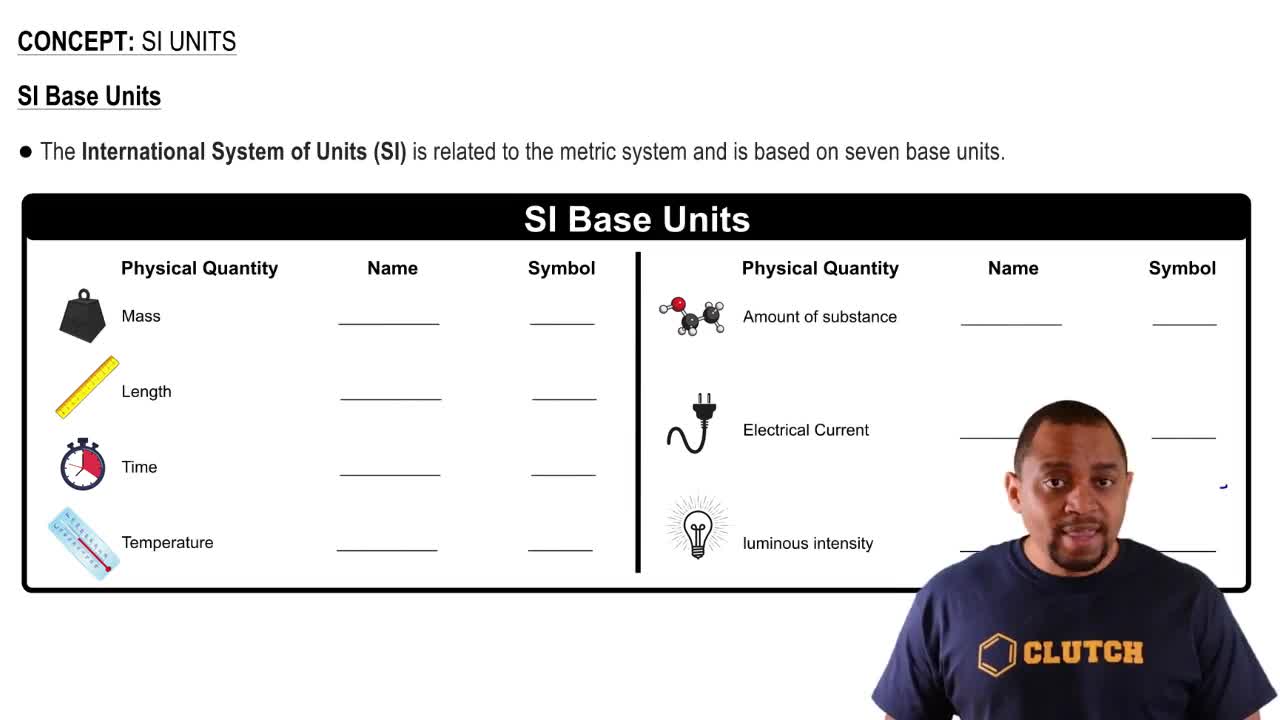Textbook Question
Convert between energy units. c. 4.99 × 103 kJ to kWh
652
views
2
rank

 Verified step by step guidance
Verified step by step guidance



Convert between energy units. c. 4.99 × 103 kJ to kWh
A particular frost-free refrigerator uses about 745 kWh of electrical energy per year. Express this amount of energy in each unit. c. Cal
Which statement is true of the internal energy of a system and its surroundings during an energy exchange with a negative ΔEsys? a. The internal energy of the system increases and the internal energy of the surroundings decreases. b. The internal energy of both the system and the surroundings increases. c. The internal energy of both the system and the surroundings decreases. d. The internal energy of the system decreases and the internal energy of the surroundings increases.